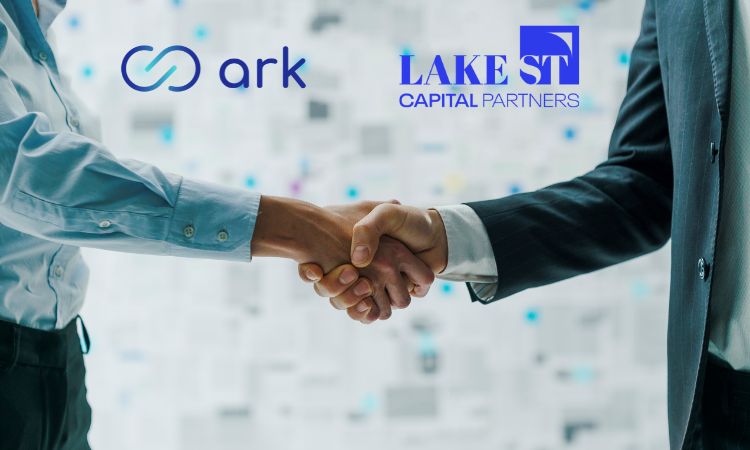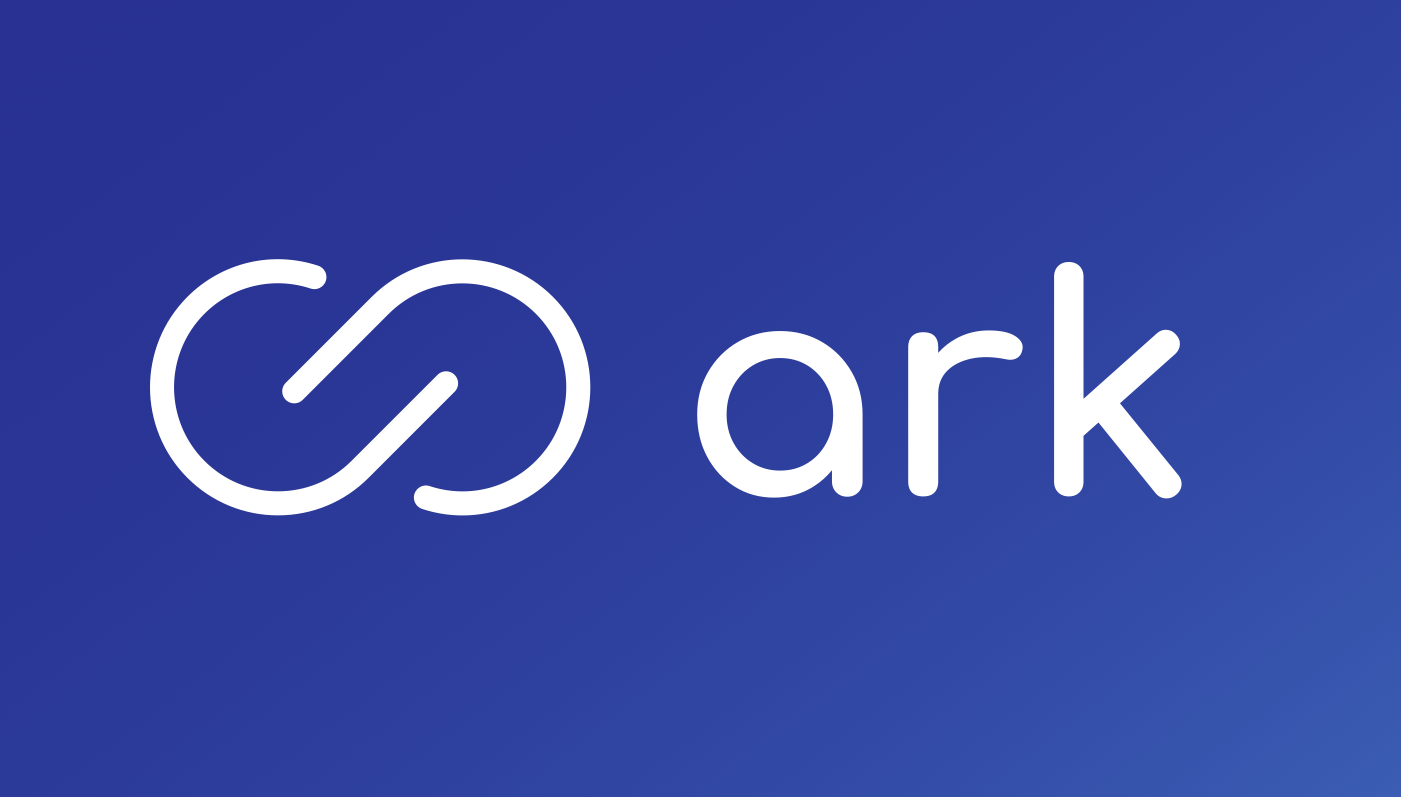There’s a common belief in the private markets world: the leap from raising capital from high-net-worth individuals (HNWIs) and family offices to securing institutional money is a massive one but a journey worth doing. It’s not always an easy jump, but it’s very doable. Remember, NEA, Sequoia, Apollo, and Blackstone had to start somewhere themselves.
Institutional investors will scrutinize your firm significantly more than the HNW/family office set (this is the price to pay for higher commitment amounts). What are institutional LPs going to look at, then? Many things, but your operations will be front and center as part of their due diligence.
Institutional investors want to know more about the risk they take, both performance and operational, particularly when ten-year lockups are involved.
Due Diligence (DD) vs Operational Due Diligence (ODD)
Due diligence from institutional investors comes in two types. The first is investment due diligence that focuses on the deal team and what’s known as the four Ps – People, Performance, Process, and Philosophy. However, many sophisticated investors often perform Operational Due Diligence (ODD), where allocators will look at your operations, technology, people, and compliance. Larger investors frequently issue RFPs or Due Diligence Questionnaires (DDQs) covering both investment and operational areas.
Unlike smaller individual investors, institutional investors (pension, endowment, foundation, larger RIAs and multi-family offices) will dive into how the firm operates across many areas. It should be noted that the sophistication level and requirements of institutional investors are not universal and do not necessarily correlate perfectly with the AUM of the allocator. There are many smaller institutional investors who are quite stringent on making commitments to funds that only have a modern and sophisticated tech-stack and operational structure.
Fund Accounting and Valuation
Nothing will fail an institutional investor’s ODD faster than a GP using Excel for its fund accounting and data management. Even small business-oriented accounting platforms will rarely pass the sniff test.
Institutional investors closely assess a private equity fund’s accounting and valuation processes, focusing on how the Net Asset Value (NAV) is calculated. They expect clearly defined valuation policies, including consistent methodologies, the use of third-party valuation firms or independent valuation committees, and regular revaluation of portfolio assets. Accurate and timely fund accounting is critical, with a preference for internal controls over expense allocation and capital account maintenance. The NAV calculation process should be transparent, well-documented, and subject to review, ensuring that performance reporting to investors is fair, accurate, and aligned with industry best practices.
Reporting and Communication
Moving up to having more prominent investors in your fund means reporting must change considerably. Institutional investors are much more demanding than HNW investors with their reporting requirements. Expect questions like:
- What is your reporting frequency and format (quarterly reports, capital account statements)?
- Can you provide sample reports?
- How do you communicate major developments or risks to LPs?
- Do you offer data feeds or access to a secure LP portal?
Reporting deadlines are often documented in the Limited Partnership Agreement (LPA) and are expected to be adhered to. Communicating to LPs via a professional investor portal is considered standard for institutional investors (file-sharing programs like Dropbox are not a substitute at this level.)
Institutional investors increasingly expect customized, detailed reporting, and your technology needs to support that level of flexibility. Transparency becomes even more critical during periods of market volatility, when LPs are closely monitoring how their managers are performing. Additionally, some larger institutions may require managers to adopt standardized reporting formats, such as the ILPA reporting templates.
Service Providers
Moving to the institutional phase of your firm’s growth means employing service providers that are considered of a higher “institutional quality” than many smaller managers are used to employing (no more “Uncle Leo’s Accounting Services”). Institutional LPs will scrutinize which service providers a GP uses. These can be broadly categorized into two buckets: tech and service-related.
The expected technology used to operate a fund will include at a minimum:
- Fund accounting
- LP portal
- deal pipeline/management
Other solutions often employed by GPs include cap table management, cybersecurity, CRM, onboarding (Subdoc, KYC/AML), alt data, portfolio monitoring, HR, and compliance software.
Investors will also want those tech vendors to have SOC 1 or 2 certification.
For non-tech service providers, LPs will also want to see a GP use auditors and legal counsel who have experience in the private markets. One of the most significant decisions a fund will face is hiring a third-party administrator (“TPA”). For the most part, sophisticated LPs will want a fund to use a TPA to have a system of checks and balances regarding the management of its books. That said, it’s also good practice for managers to keep track of their own finances, even if they employ the service of a TPA.
Processes/Controls
Institutional investors evaluating private equity and venture funds will focus heavily on operational controls around cash management, compliance, fund documentation, and cybersecurity. They expect strong cash controls, including dual authorization, segregation of duties, and clear payment approval processes to safeguard fund assets.
Regulatory compliance, robust AML/KYC procedures, and a well-documented code of ethics are critical. Investors scrutinize fund documents (LPA, PPM, subscription agreements) for fee transparency, expense allocation, and investor protection. Regarding cybersecurity, investors look for data protection policies, incident response plans, and business continuity frameworks to ensure sensitive financial and investor data are secure from breaches or disruptions. Ultimately, investors want to know that Limited Partner Agreements (LPAs) will be adhered to.
Final Thoughts
Moving from HNW and family office capital to institutional investors is a significant step — and strong fund operations are essential to making that leap. Institutional LPs conducting ODD scrutinize everything from fund accounting and reporting to tech systems, controls, and service providers.
Firms relying on Excel or basic tools won’t pass muster. Institutions expect institutional-grade infrastructure: robust accounting systems, LP portals, clear valuation policies, and strong compliance frameworks.
While upgrading operations requires upfront investment, the ROI is clear — increased credibility, faster fundraising, access to larger capital commitments, and long-term firm growth. Operational excellence isn’t just a necessity — it’s a strategic advantage.
Additional Resources:
https://ilpa.org/wp-content/uploads/2018/09/ILPA_Due_Diligence_Questionnaire_v1.2.pdf
https://www.aima.org/sound-practices/due-diligence-questionnaires.html





